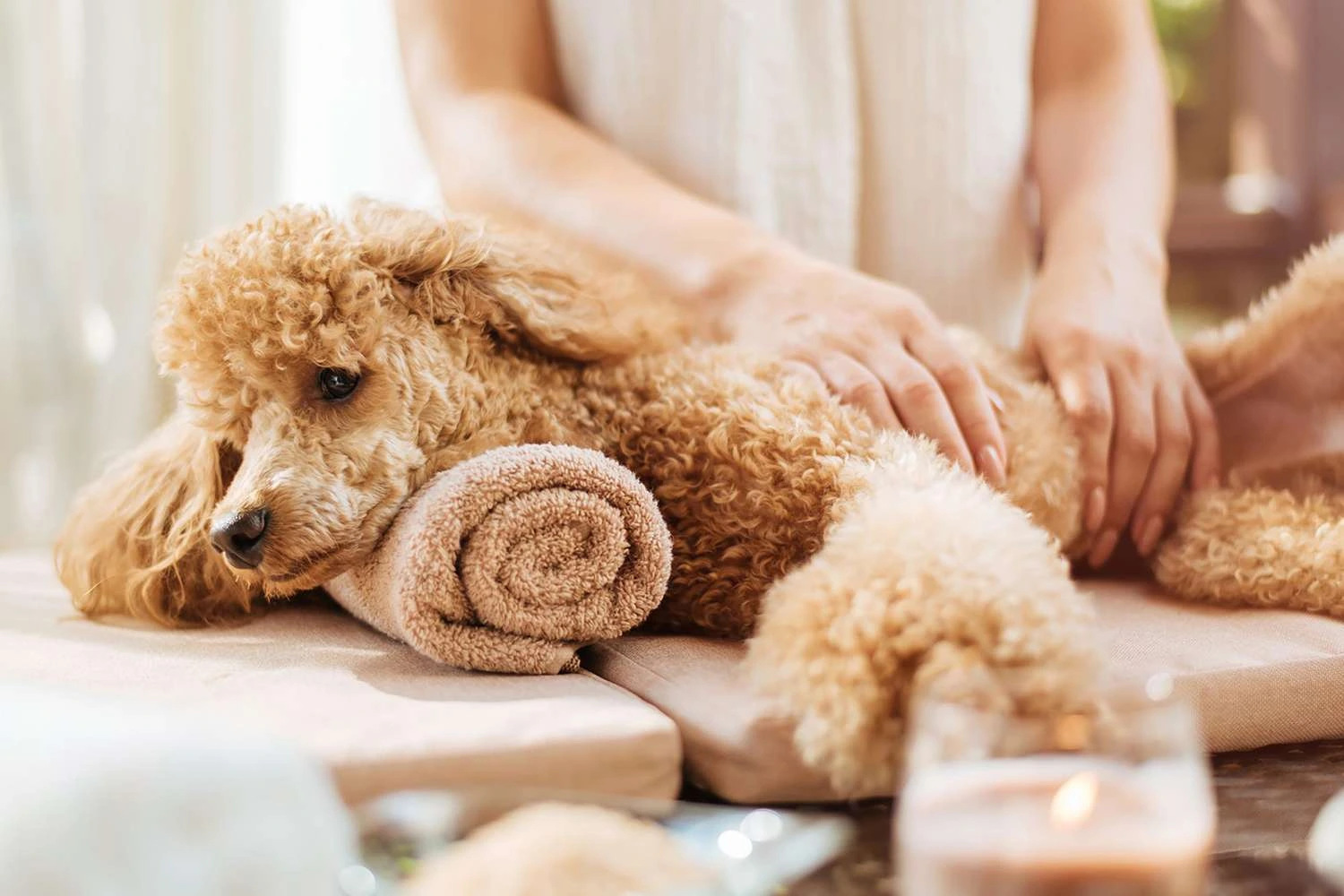Many dog owners have experienced the calming effect of giving their pets a gentle rubdown. But do dogs actually enjoy massages, or is it just a human preference? Understanding how dogs perceive touch and their body language can help determine if your furry friend enjoys a good massage. Let’s dive into the world of dog massages, their benefits, and how to do it properly.
Understanding Canine Touch Preferences
Dogs have different ways of expressing affection and comfort, and touch is a significant part of that communication. Many dogs enjoy physical contact with their owners, which can include petting, hugging, and yes, even massages. However, just like humans, not all dogs will react the same way to touch. Here are some factors that influence a dog's response to massages:
-
Breed Differences:
- Some breeds are more affectionate and enjoy close contact, while others might be more reserved. For example, Golden Retrievers and Labradors are often known for their friendly disposition and may be more inclined to enjoy massages.
-
Individual Personality:
- Every dog is unique. Some may revel in the attention and relaxation that comes with a massage, while others may be more sensitive to touch and prefer less physical interaction.
-
Previous Experiences:
- A dog's past experiences with human touch can significantly affect their comfort level. Dogs that have had positive experiences with massages or petting are more likely to enjoy them.
Benefits of Massaging Your Dog
Massaging your dog can have numerous physical and emotional benefits, including:
-
Stress Relief:
- Just like humans, dogs can experience stress and anxiety. A gentle massage can help soothe their nerves, especially during stressful situations like thunderstorms or vet visits.
-
Improved Circulation:
- Massage can stimulate blood flow, promoting better circulation and potentially enhancing overall health.
-
Pain Relief:
- Dogs with arthritis or joint issues may benefit from massage therapy, which can help alleviate discomfort and stiffness.
-
Bonding:
- Massaging your dog can strengthen the bond between you and your pet. This one-on-one time helps build trust and affection, making your dog feel secure and loved.
-
Increased Flexibility:
- Regular massages can improve your dog's range of motion and flexibility, particularly in older dogs or those recovering from injury.
How to Give Your Dog a Massage
If you're interested in trying out massage for your dog, here are some tips to ensure it's a positive experience:
-
Choose a Calm Environment:
- Find a quiet, comfortable space where your dog feels relaxed. This could be a cozy spot on the floor or your dog's favorite bed.
-
Observe Body Language:
- Pay attention to your dog’s body language. Signs that your dog is enjoying the massage include relaxed body posture, leaning into your touch, and soft eyes. Conversely, if your dog pulls away, tenses up, or shows signs of discomfort, stop the massage.
-
Start Slow:
- Begin by gently stroking your dog’s body, starting at the neck and moving down toward the back and legs. Use soft, circular motions with your fingertips, and gradually increase the pressure based on your dog’s comfort level.
-
Focus on Pressure Points:
- There are specific areas where dogs tend to enjoy being massaged, such as the base of the tail, behind the ears, and along the spine. These areas can often benefit from extra attention.
-
Keep Sessions Short:
- Especially if it’s your dog's first time, keep the massage session short—around 5 to 10 minutes. Gradually increase the duration as your dog becomes more accustomed to the experience.
When to Avoid Massaging Your Dog
While massages can be beneficial, there are situations where you should avoid them:
- Injury or Illness: If your dog is injured or feeling unwell, massage may not be appropriate and could potentially cause further pain or discomfort.
- Behavioral Issues: If your dog has a history of aggression or is sensitive to touch, consult a professional trainer or veterinarian before attempting to massage.
- Post-Surgery: If your dog has recently undergone surgery, it’s essential to consult your veterinarian about when it's safe to resume massage.
Conclusion
In summary, many dogs do enjoy massages, and they can be a fantastic way to strengthen the bond between you and your furry friend while providing various health benefits. By understanding your dog's preferences, observing their body language, and following proper techniques, you can create a soothing experience that both you and your dog will enjoy.
Massaging your dog not only promotes relaxation but also offers an excellent opportunity for you to connect with your pet in a meaningful way.


